Department Of Pharmacology
-

Chancellor announces 2024 Faculty Fellows, grants $40,000 per year to support scholarship and research
Thirteen outstanding faculty members from across the university have been selected for the 2024 cohort of Chancellor Faculty Fellows. This group is composed of highly accomplished, recently tenured faculty from a wide variety of disciplines and areas of expertise. Read MoreJun 11, 2024
-

New structures offer insight into how a bacterial motor powers bacterial chemotaxis, a key infectious process
The lab of Tina Iverson, Louise B. McGavock Professor and professor of pharmacology, in collaboration with researchers at the University of California, San Francisco; Stanford University; and The Weizmann Institute of Science in Israel have published new work in Nature Microbiology, providing new insights on chemotaxis. Read MoreApr 22, 2024
-

‘Molecular Muse’ exhibit features Artist-in-Residence program’s science-inspired art
The “Molecular Muse” art exhibit on display in Light Hall is a sampling of pieces from the Vanderbilt Institute for Infection, Immunology, and Inflammation Artist-in-Residence (VI4-AiR) program, which brings together scientists and artists to create and promote art as a visual science communication tool. Read MoreJan 16, 2024
-
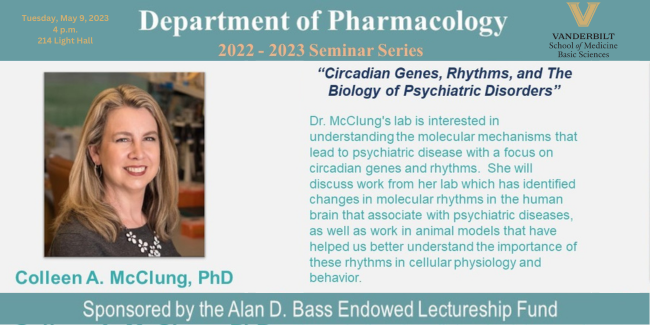
Department of Pharmacology hosts ‘Circadian genes, rhythms and the biology of psychiatric disorders’ lecture May 9
The Department of Pharmacology will host Dr. Colleen McClung on May 9, for 'Circadian genes, rhythms and the biology of psychiatric disorders." Read MoreMay 5, 2023
-
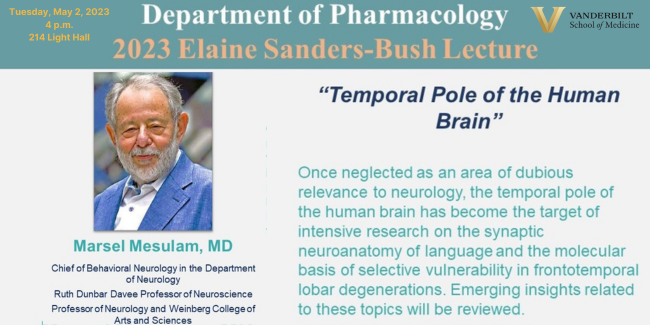
Department of Pharmacology hosts ‘Temporal Pole of the Human Brain’ lecture May 2
The Department of Pharmacology's 2023 Elaine Sanders-Bush Lecture will feature Dr. Marsel Mesulam of Northwestern University; the "Temporal Pole of the Human Brain" lecture will be at 4 p.m. on May 2. Read MoreApr 28, 2023
-

VUMC researchers find clue to drug-induced arrhythmias
Vanderbilt University Medical Center researchers have made a fundamental discovery about how the heart compensates for genetic variations that otherwise could trigger abnormal and potentially fatal heart rhythms. Read MoreFeb 24, 2022
-
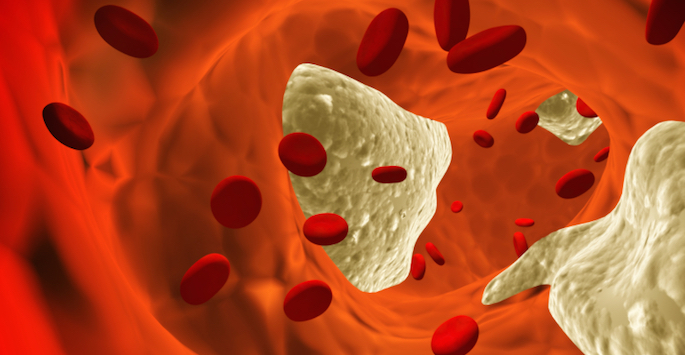
Potential protection from atherosclerosis
Vanderbilt researchers have discovered a potential way to reduce atherosclerosis: blocking the modification of an HDL-associated enzyme by reactive molecules called isolevuglandins. Read MoreAug 19, 2021
-
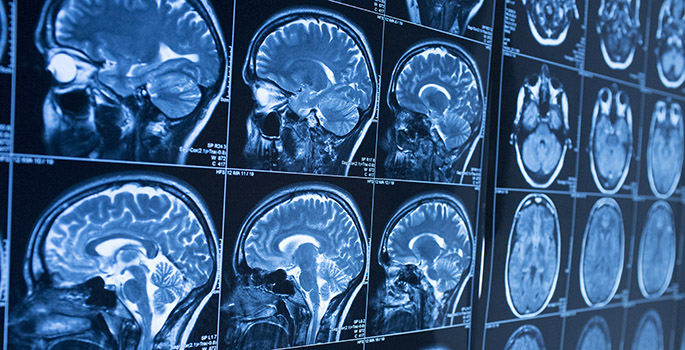
Research Snapshot: Discovery points to ketamine’s long-term antidepressant effects
Lisa Monteggia leads discovery of the gene responsible for ketamine’s long-term effects with implications for antidepressant therapeutics. Est. reading time: 2.5 mins. Read MoreJul 28, 2021
-

Nature’s “recycler” could reduce heart disease risk: study
Researchers at Vanderbilt University Medical Center have identified potential new targets for the prevention of atherosclerosis through the enhancement of autophagy, a natural process for recycling damaged cellular material. Read MoreJul 8, 2021
-
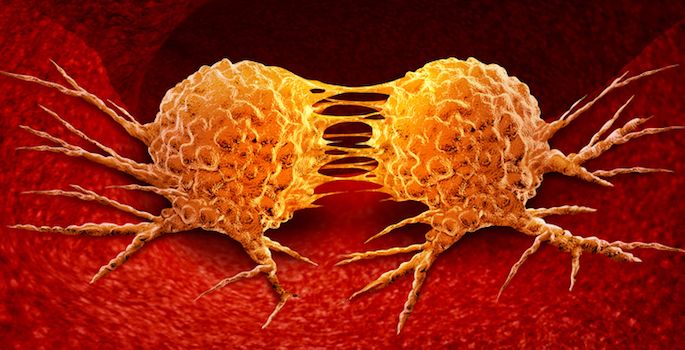
Personalized Structural Biology aids cancer treatment decisions
Cancer specialists at Vanderbilt University Medical Center, in partnership with biochemists and structural biologists across the Vanderbilt University campus, are taking “personalized” cancer therapy to a new level. Read MoreApr 8, 2021
-

New faculty Rick Sando: A better understanding of brain circuitry
New Assistant Professor of Pharmacology Rick Sando is interested in how neural circuits carry out specific functions when activated—and why these processes sometimes go awry. Read MoreOct 26, 2020
-

Cohen Fund bolsters Siciliano’s memory research
Cody Siciliano, PhD, assistant professor of Pharmacology in the Vanderbilt University School of Medicine, has been selected to receive a one-year, $100,000 research award from the Stanley Cohen Innovation Fund to support his studies of the neural substrates of memory. Read MoreSep 24, 2020
-

New clue to Alzheimer’s disease
Combining studies of genetically diverse mouse populations and human data led to the identification of a gene associated with cognitive decline and brain changes in Alzheimer’s disease. Read MoreSep 3, 2020
-
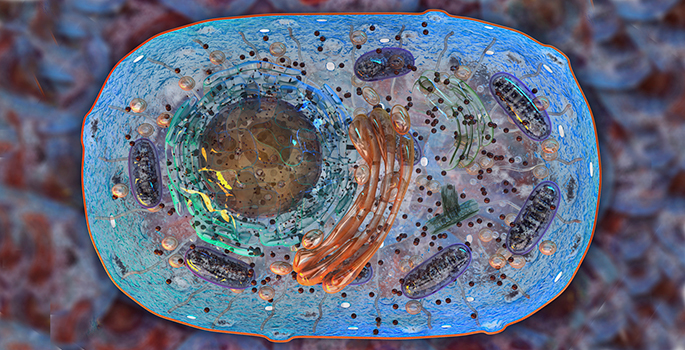
Assembling cell power plant machinery
Tina Iverson and colleagues provide a structural view into the assembly of a protein machine essential for cellular energy production. Read MoreSep 3, 2020
-

‘Scavenger’ molecule may point to new atherosclerosis treatment
A small-molecule “scavenger” that reduces inflammation and formation of atherosclerotic plaque in blood vessels in mice potentially could lead to a new approach for treating atherosclerosis in humans, according to researchers at Vanderbilt University Medical Center. Read MoreAug 20, 2020
-

A potential new targeted therapy for metastatic melanoma
While 60 percent of people with metastatic melanoma, an aggressive type of skin cancer, have multiple treatment options available to them, roughly 40 percent either do not respond to treatment, or relapse. Read MoreAug 19, 2020
-

Siciliano wins Fay/Frank Seed Grant and Alkermes Pathways Research Award
Assistant Professor of Pharmacology Cody Siciliano has been awarded the Fay/Frank Seed Grant from the Brain Research Foundation and the Alkermes Pathways Research Award from the biopharmaceutical company Alkermes. Both awards support early-stage researchers pursuing high-risk, high-impact innovative research so that their work may become competitive for NIH grants and other types of funding in the future. Read MoreAug 5, 2020
-
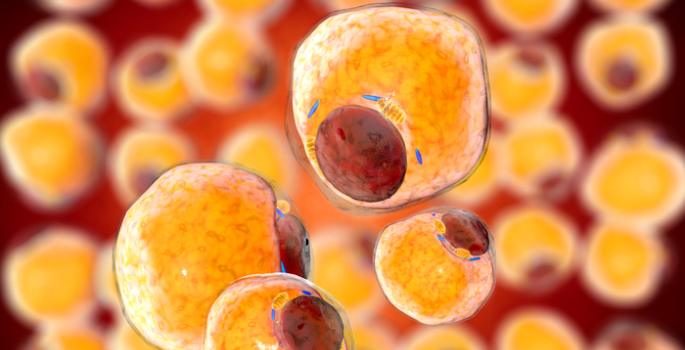
New tools to study bioactive lipids
Vanderbilt researchers have identified and characterized inhibitors of an enzyme that synthesizes lipid signaling molecules with roles in energy balance, inflammation and addiction. Read MoreJul 14, 2020
-

Single mutation causes seizure disorder
A single mutation in one gene can impair inhibitory signaling in the brain and cause multiple types of seizures and behavioral abnormalities. Read MoreJun 22, 2020
-

Robotic technology speeds arrhythmia gene classification
Vanderbilt University Medical Center investigators have used high-throughput robotic technology to rapidly study and classify variations in a gene linked to heart rhythm disorders and cardiac conditions. Read MoreJun 12, 2020